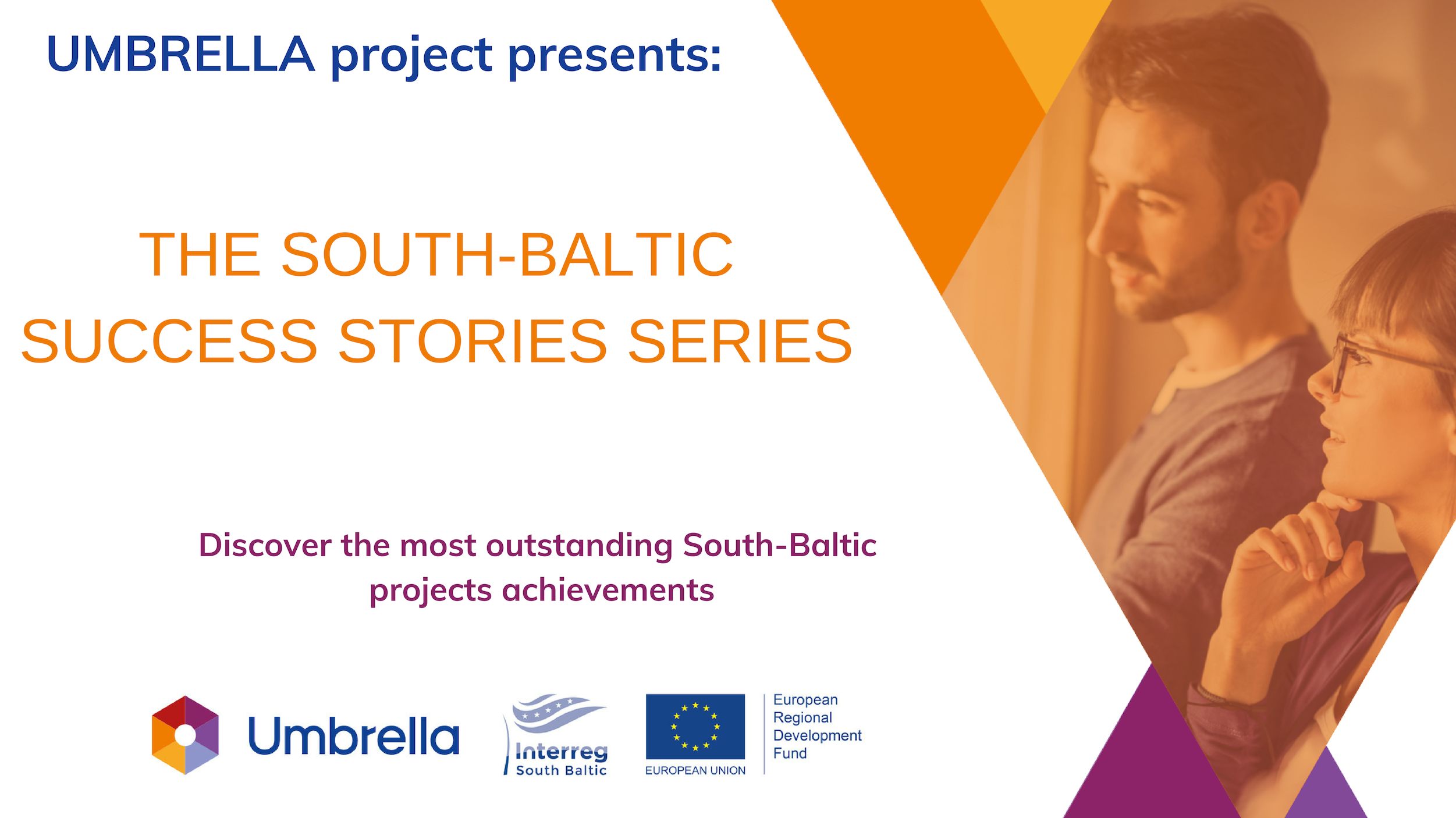The Umbrella project was meant to be exactly that – an umbrella to gather other projects and a way to connect people through cross-border projects. It was aimed at newcomers who had not yet been involved in projects in the South Baltic Programme. These included small local and regional organisations with an interest in developing a South Baltic identity.
Tag: success story
We are coming back with another share of great inspiration form the Interreg South Baltic Programme successful project! This month we would like to present the SB BRIDGE – Building bridges for green tech future project led by our Umbrella project partner – Klaipeda University!
This month we’re coming back with our Success Story on INTERCONNECT project. Interconnect supports new and more efficient public transport services both in and between the coastal regions of the South Baltic area – to give the residents and tourists broader and more sustainable options for realising their mobility needs.
Posted in Beneficiaries, News.
The South Baltic success story #8 – FOCUS Interreg South Baltic project.
It’s almost the end of the year, but we are not slowing down and continue to deliver South Baltic Success Stories to you. Hope you see them as a great source of inspiration!
It’s already October, and this month we deliver to you another Success Story from the South Baltic Programme! This time we wish to inspire you by presenting the Reviving Baltic Resilience project!
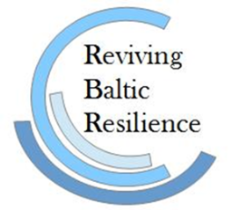
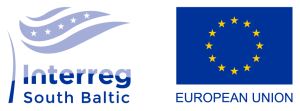
Project title
RBR – Reviving Baltic Resilience.
The main goal
The main objective of the project is to highlight the proactive approach when working with environmental projects by showcasing successful proactive methods and technologies to prevent hazardous and unwanted particles from reaching the Baltic Sea and at the same time to disseminate this knowledge to the South Baltic region by having a cross-border approach.
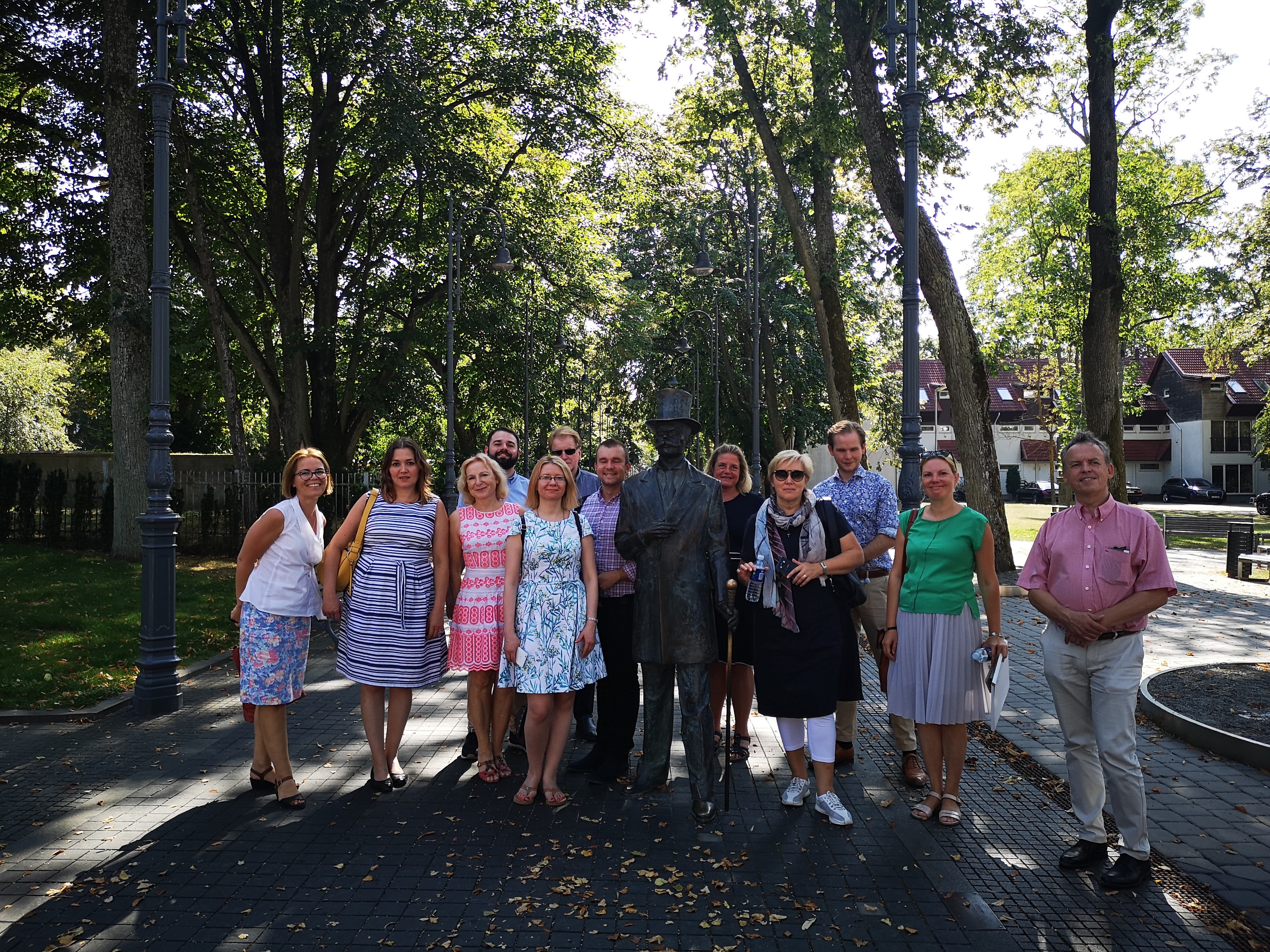
The main outputs of the project will be 4 different pilot cases (Less particulates emission from the diesel engine (Poland), Landfill leachate cleaning (Sweden), Ecopile phytoremediation plant (Sweden) and Marine litter disposal (Lithuania)) in all participating countries as well as a South Baltic Proactive Resilience institute/cluster. The purpose of this is to both show the approach/technologies in practice, but at the same time also to certify the cross-border knowledge exchange and durability of the method and pilot cases after the project has ended as well. The approach of the project is a 3-step process that includes technical analysis of the most optimal proactive technologies/solutions for each pilot case, the implementation of pilot cases and the evaluation of installed solutions from a technical, social and economic perspective.
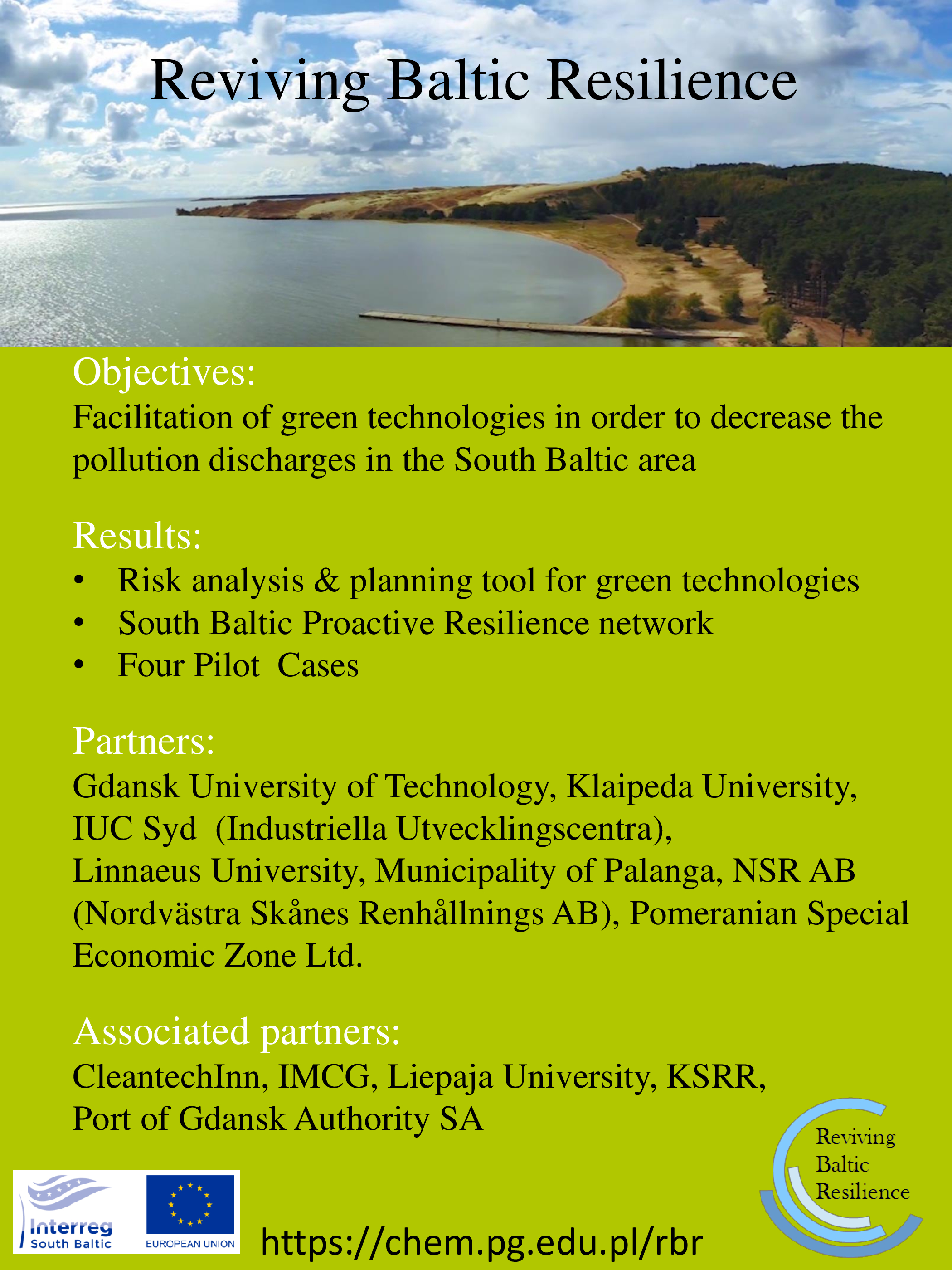
Partnership
- Lead Partner: Gdansk University of Technology, Faculty of Chemistry, Department of Chemical Technology. Address: ul. G. Narutowicza 11/12, 80-233 Gdańsk, Poland. tel: +48 58 347 23 52. Project leader: prof. dr hab. inż. Jan Hupka. Project manager: Andrzej Rogala.
- Partner: Klaipeda University, Faculty of Maritime Engineering and Natural Sciences, Natural Sciences Department, LT-92294 Klaipeda, Herkaus Manto str. 84, Lithuania. Project manager: prof. Olga Anne.
- Partner: Linnaeus University, Faculty of Health and Life Sciences, Department of Biology and Environmental Science, address: 391 82 Kalmar, 351 95 Växjö, Sweden. tel: +46(0)480-446106. Project leader: prof. William Hogland. Project administrator: Jelena Lundström
- Partner: Pomeranian Special Economic Zone Ltd. 81-703 Sopot, Władysława IV/9, Poland. Project manager: Anna Zielińska.
- Partner: NSR, 254 64 Helsingborg, Hjortshögsvägen 1, Sweden. Project manager: Amanda Widen, Communication: Maria Ledström, Pilot case: Samuel Svensson.
- Partner: Municipality of Palanga, LT-00153 Palanga, Vytauto str. 112, Lithuania. Project manager: Aušra Šikšnienė
- Partner: IUC Syd, 21119 Malmö, Anckargripsgatan 3, Sweden. Project manager: Mats Larsson
Four associated partners: Liepaja University, Latvia; Port of Gdansk Authority SA, Poland; CleantechInn, Sweden; IMCG (Innovation Management and Communication Group Sweden); KSRR (Kalmarsundsregionens Renhållare) Sweden.
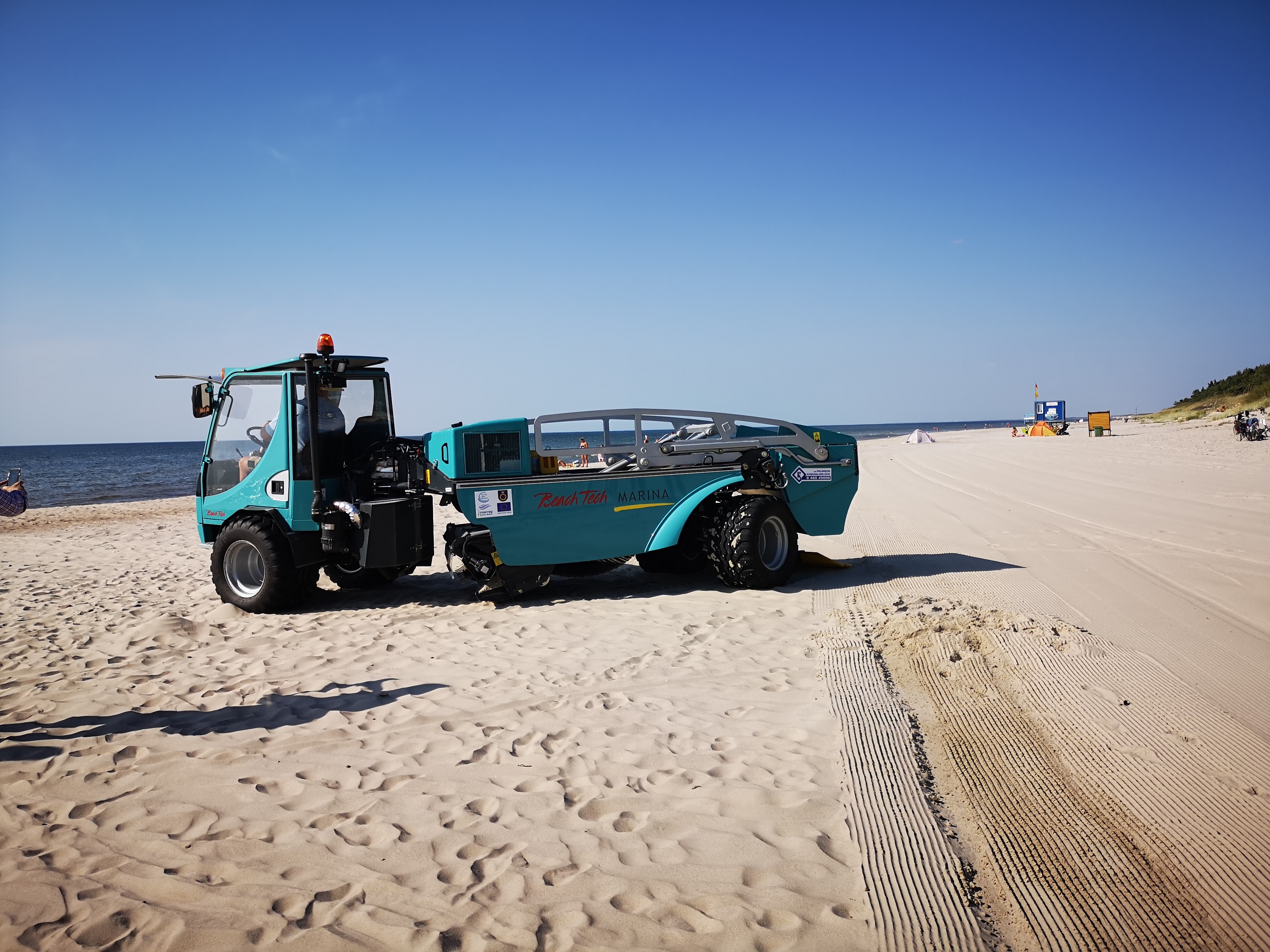
Target groups of the project
The main target group is the municipalities in the region as well as their municipal companies and regional authorities that can implement similar solutions and promote the proactive prevention approach of RBR. As well, public stakeholders that would like to learn more about proactive prevention solutions and companies that can provide green technologies for the installations. The main target groups will be able to take part in the pilot cases created in the project through the institute/cluster, but also to initiate new ventures focusing on proactiveness.
Budget
1495000 Eur
Programme Co-financing
1189950 Eur
Duration
July 2017- June 2020
Slogan
Go proactive together!!!
Tips & tricks box
Always use opportunities to gain new knowledge and skills. Be open for challenges to go green and serve to environment/ nature. Discover the benefit that international cooperation gives you and your area – pilot cases, innovative ideas, experience to work in a multicultural team, contribution to decision making at a different level. Increase your self-believing and expertise. Use unique perspectives to improve your foreign language skill, to make in touch with other countries history, culture and traditions. Be ready to unlock your area advantages/disadvantages. Stay motivated and you will get exactly what you are looking for!!!
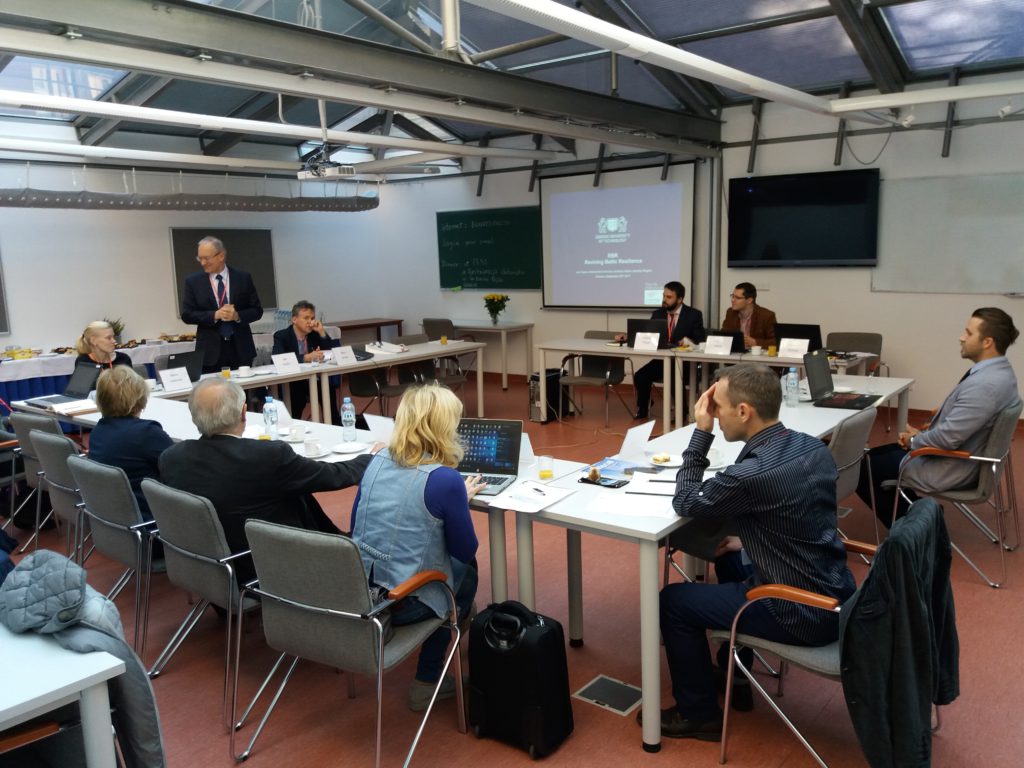
Website: https://chem.pg.edu.pl/rbr/main-page?p_l_id=61013061&p_v_l_s_g_id=0&
This story was brought to you within the UMBRELLA Interreg South Baltic project framework.

Another month and yet another Success Story from the South Baltic Programme! This time we wish to inspire you by presenting the BalticMuseums: LoveIT! – Brand, gamification and Apps for museums and tourist attractions project!
Posted in Beneficiaries, News.
How can you benefit from the UMBRELLA project? See our latest movie clips for our beneficiaries!
Valentina Scandola – our Project Leader and Małgorzata Matkowska from Association “Pomorskie in the EU” talking about UMBRELLA project.
Posted in Beneficiaries, News.
The South Baltic success story #6 – LiveLagoons: Green islands in blue lagoons
This month we share with you our 6th Umbrella SuccessStory – Live Lagoons project!
This month we’re coming back with another Umbrella SuccessStory. Please read about the CaSYPoT – Capacity Building for Strategic Youth Policy and Transnational Cooperation project. The CaSYPot project ended in June after 3 years of collaboration between Poland, Sweden, Russia and Lithuania. On the 13th and 14th of May, the caSYPot Final Conference was held in Kalmar, Sweden, in order to summarize the project, to show the results, and discuss with young people, adults and experts on the youth strategy and youth needs.
Almost 100 participants from Baltic Sea Region NGOs, academia, municipalities and various transnational projects joined us on 11th June 2019 in Gdansk to take part in 3rd Participation Day.
- 1
- 2


